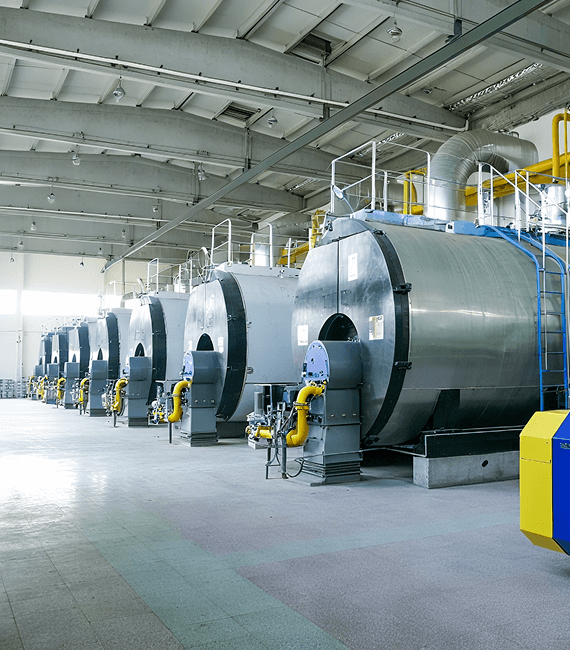Industrial boilers are essential for a wide range of applications, including power generation, manufacturing, and heating. However, boilers can be expensive to operate and maintain, and they can also be prone to damage. One of the most important factors in extending the life of an industrial boiler is to ensure that the water used in the boiler is soft.
Hard water contains dissolved minerals, such as calcium and magnesium. These minerals can build up on the boiler's internal surfaces, forming scale. Scale can reduce the boiler's efficiency, increase fuel consumption, and lead to premature wear and tear.
Soft water treatment can help to prevent scale buildup by removing the dissolved minerals from the water. There are a variety of soft water treatment methods available, including ion exchange, reverse osmosis, and distillation.
The type of soft water treatment method that is best for a particular boiler will depend on the specific needs of the application. For example, ion exchange is a common method for treating boiler water in power plants. Reverse osmosis is a good option for boiler water in manufacturing plants that require high-purity water. Distillation is a good option for boiler water in applications where the water must be completely free of minerals.
In addition to preventing scale buildup, soft water treatment can also help to improve the boiler's efficiency and reduce emissions. This is because soft water can help to prevent the formation of sludge, which can block the boiler's heat exchangers.
By properly treating the water used in an industrial boiler, businesses can extend the life of the boiler and improve its overall performance. This can lead to significant cost savings and environmental benefits.
Here are some specific benefits of soft water treatment for industrial boilers:
Reduced scale buildup: Scale buildup can reduce the boiler's efficiency by up to 30%. Soft water treatment can help to prevent scale buildup, which can lead to significant energy savings.
Increased heat transfer: Soft water can help to improve the boiler's heat transfer efficiency, which can lead to further energy savings.
Reduced maintenance costs: Scale buildup and other water-related problems can cause premature wear and tear on boiler components, which can lead to increased maintenance costs. Soft water treatment can help to reduce these costs by extending the life of the boiler's components.
Improved safety: Scale buildup can create a fire hazard by blocking the boiler's safety valves. Soft water treatment can help to reduce this risk by preventing scale buildup.
By investing in soft water treatment for their industrial boilers, businesses can help to extend the life of their boilers, improve their efficiency, and reduce their maintenance costs.


